The US National Academies, a non-profit organisation with roots going back to 1863 that provides the US government with evidence-based science and technology advice, has always been non-partisan. That’s why it is so significant that almost a third of its elected members have just joined together to issue a dire warning about the current state of America’s research enterprise.
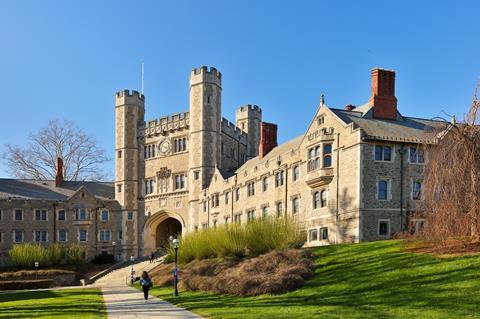
Making it clear that these views are their own, about 1900 of the organisation’s more than 6000 members signed an open letter to the American people on 31 March alerting them to the ‘real danger in this moment’. The letter, whose signatories include chemistry Nobel prize winners Frances Arnold, Carolyn Bertozzi, Jennifer Doudna and Roald Hoffmann, specifically references the Trump administration’s slashing of science agency funding, terminating university researcher grants and defunding labs.
These actions, they note, have forced universities to pause research, dismiss faculty and halt new graduate student enrolment. There are also reports of graduate admission offers being rescinded.
The letter also points to the administration’s current investigations of more than 50 universities, suggesting that these activities are endangering research at dozens of academic institutions throughout the country.
For example, the administration recently rescinded over $400 million (£310 million) in federal grants to Columbia University and initiated a ‘comprehensive review’ of the more than $5 billion in federal grant commitments to the school, citing its perceived failures to contain antisemitism and ongoing civil rights violation investigations. To negotiate a return of the cancelled funds, Columbia agreed to comply with several of the administration’s preconditions.
More recently, a review of more than $8.7 billion in ‘multi-year grant commitments’ to Harvard University and its affiliates was announced as part of an investigation into alleged antisemitism on campus. Harvard’s president, Alan Garber, warned that stopping this funding ‘will halt life-saving research and imperil important scientific research.’ Yet the university also suspended its research partnership with Birzeit University in the West Bank and dismissed the leadership of its Center for Middle Eastern Studies.
Lawrence Summers, a former president of Harvard and past US Treasury Secretary, posted on X: ‘Columbia’s capitulation was unconstructive at best. I pray Harvard will avoid following their example.’
Following the suspension of dozens of Princeton University’s research grants, the institute is now looking to sell $320 million of bonds to support itself as funding falls.
Now is the time for universities to stand strong, even amid fears of losing much needed funding. Researchers’ concerns about being defunded or losing job security are real, and the National Academies’ members even suggest that some are deleting their names from scientific publications, abandoning studies and rewriting research grant proposals to remove certain terms that agencies are now flagging as objectionable.
But amid mounting reports of international graduate students and scientists suddenly losing their visas and being detained indefinitely by US immigration, even green card holders who have permanent residency, there is a moral imperative to resist.
US Secretary of State Marco Rubio recently indicated his agency has cancelled more than 300 visas that are ‘primarily’ in the student category, in an apparent effort to squelch what it sees as anti-American activism at universities.
Such examples are mounting, including Alireza Doroudi – an Iranian PhD student in mechanical engineering at the University of Alabama – and Kseniia Petrova – a Russian bioinformatician and data scientist who works in a cell and developmental biology lab at Harvard Medical School. They both remain in an immigration detention facility in Louisiana without real explanation.
There is a lot at stake, as immigrants contribute substantially to American science. They have received 40%, or 45 of 112, of the US share of Nobel prizes in chemistry, medicine and physics since 2000, according to analysis by the National Foundation for American Policy.
Meanwhile, there are growing concerns that US-born scientists might leave their country. Amidst the current turmoil, initiatives aimed at recruiting chemists and other researchers from the US are popping up all over Europe and beyond. The Trump administration may believe that they’re strengthening the US, but all they’re really doing is setting the country on a path that will drain it of its best and brightest.





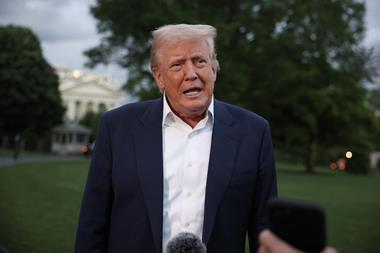

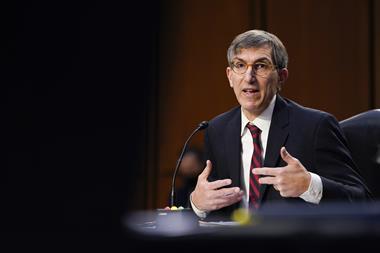
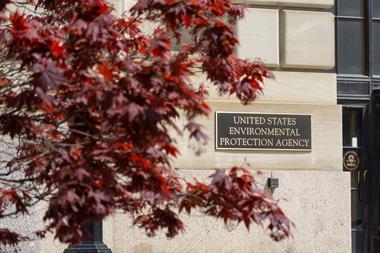
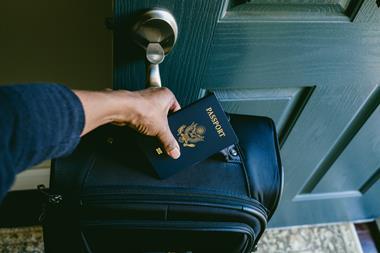
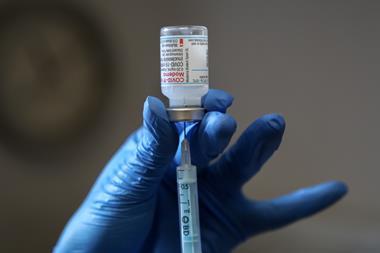






No comments yet